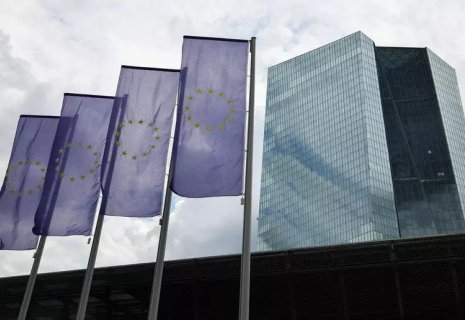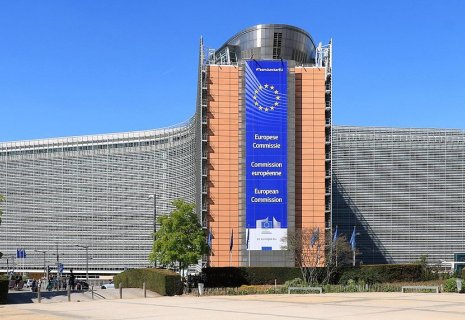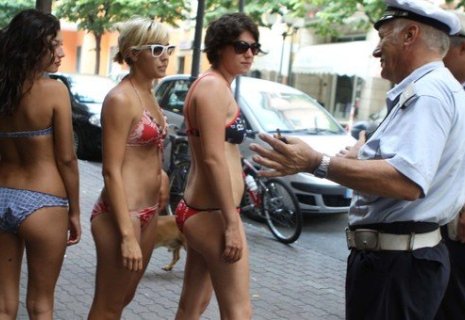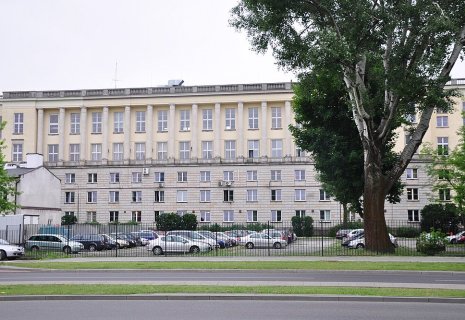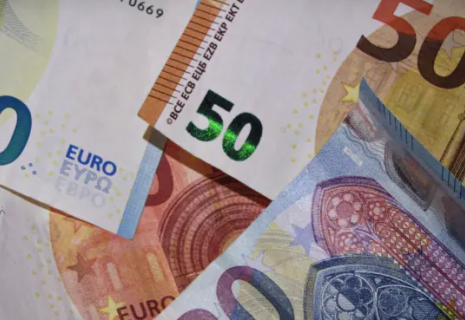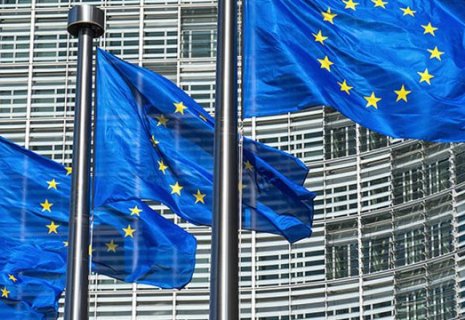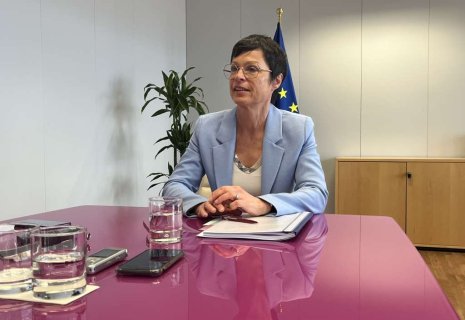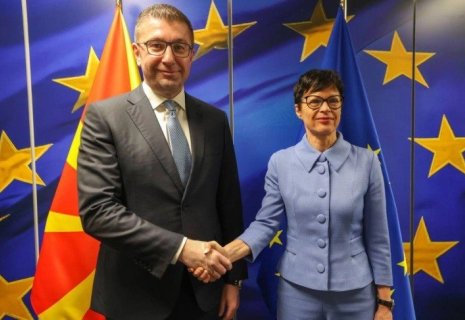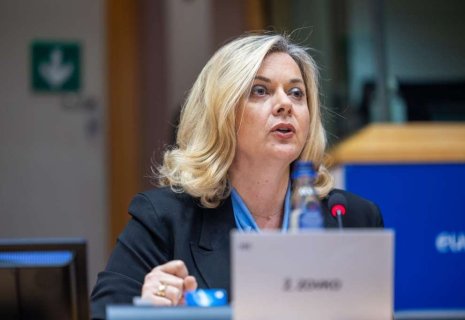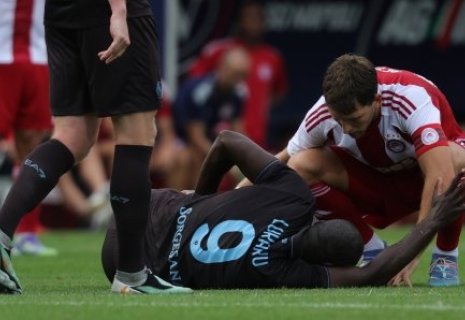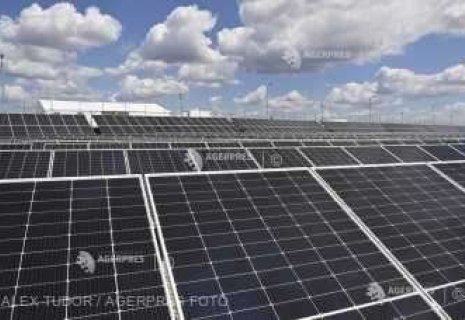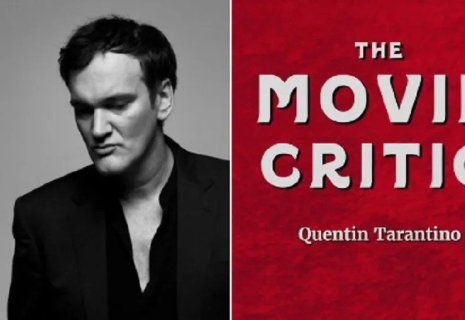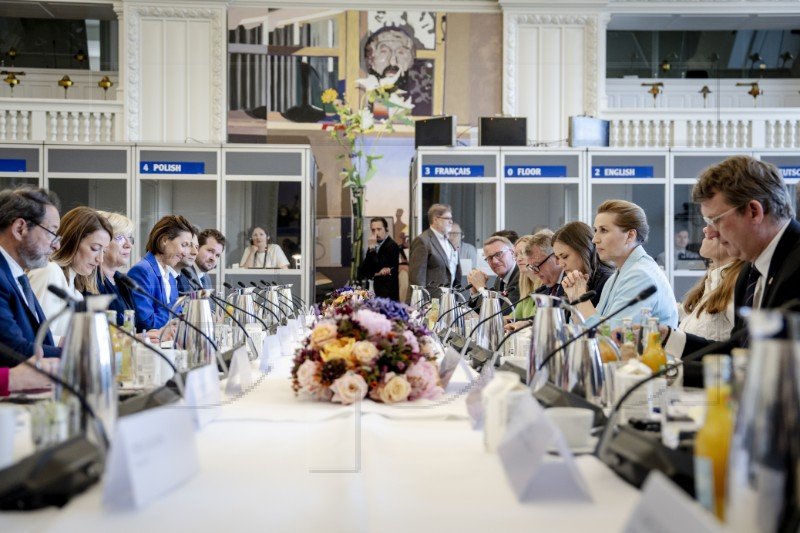
Denmark takes over EU presidency
On Tuesday, Denmark took over the rotating presidency of the Council of the European Union, pledging to prioritize security, defense, migration, competitiveness, and the green transition.
Under the slogan “A Strong Europe in a Changing World,” the Danish government emphasized that the world order that once ensured freedom and prosperity can no longer be taken for granted, CE Report quotes HINA.
“Now more than ever, Europe must unite. We must build a stronger and safer Europe, where we can protect our democracies. We need to arm Europe and increase our support for Ukraine,” said Danish Prime Minister Mette Frederiksen while presenting the presidency’s program.
Frederiksen described migration as a major challenge to the social balance of European societies, directly linked to security. “We need new solutions to face these challenges,” she said. Denmark has become one of the leading advocates for curbing illegal migration.
This is Denmark’s eighth time holding the presidency, but the geopolitical context has never been more complex.
Danish Ambassador to the EU, Carsten Grønbech-Jensen — who was in Brussels from 2002 to 2012 during two Danish presidencies — said the current situation is “very unpredictable, with many unknowns.”
The rotating presidency negotiates EU legislation on behalf of member states with the European Parliament. Denmark will work on migration policy, enlargement, and lead initial talks on the next seven-year EU budget, which the European Commission is expected to propose in mid-July.
However, many potential crises could disrupt the agenda, such as EU-U.S. trade tensions, U.S.-China rivalry, Russia’s war in Ukraine, the Gaza conflict, and Iran’s nuclear program. The Danish government stressed that European unity will be key.
“The EU’s strength lies in unity, solid economic foundations, stable democracies, and socially balanced societies,” states the presidency’s program.
This unity may be tested by the end of the year due to the accumulation of current and potential crises.
On economic matters, Denmark will focus on strengthening the internal market. According to the IMF, increasing intra-EU trade by 2.5% would offset losses if the U.S. imposed 20% tariffs on EU goods.
Danish diplomats will begin talks with the European Parliament on ending the EU’s dependence on Russian fossil fuels by 2027. Hungary and Slovakia oppose this plan and are blocking the 18th sanctions package against Russia, demanding continued access to Russian energy beyond 2027 as a condition for their approval.
In terms of security and defense, the goal of the Danish presidency is to lay the groundwork for the EU to be capable of self-defense by 2030. A €150 billion SAFE defense investment program has already been agreed upon. The Commission has proposed that all member states increase defense spending by 1.5% of GDP annually. More than half of member states have activated a clause allowing defense spending to be excluded from budget deficit calculations.
Regarding the multiannual budget, Denmark has shifted its stance. Previously aligned with countries like Germany and the Netherlands in opposing EU budget increases and joint borrowing, it now acknowledges that new geopolitical realities may require flexibility. However, Denmark insists that a discussion on shared debt must start with defining what will be financed collectively.
“It’s difficult to convince skeptical member states about eurobonds without first stating what they’ll fund. Joint debt is a difficult issue — some countries accepted it during extraordinary circumstances like the COVID-19 pandemic, but repeating that will be tough,” said Ambassador Grønbech-Jensen.
One of Denmark’s tasks will be to convince Hungary to lift its veto on opening negotiating clusters with Ukraine.

